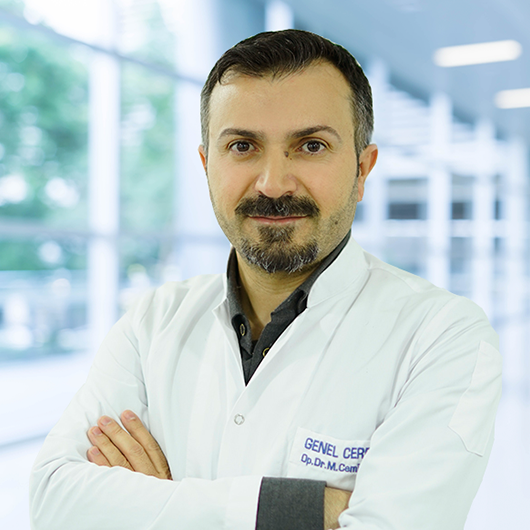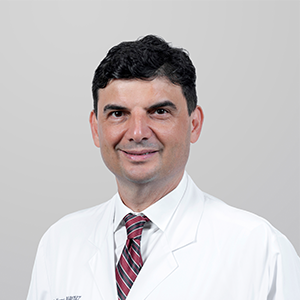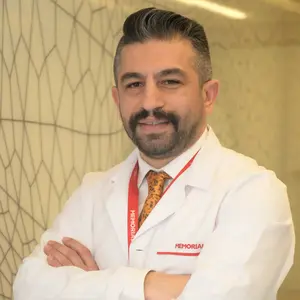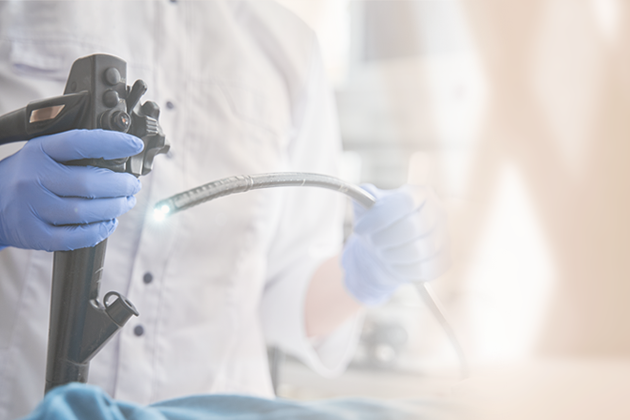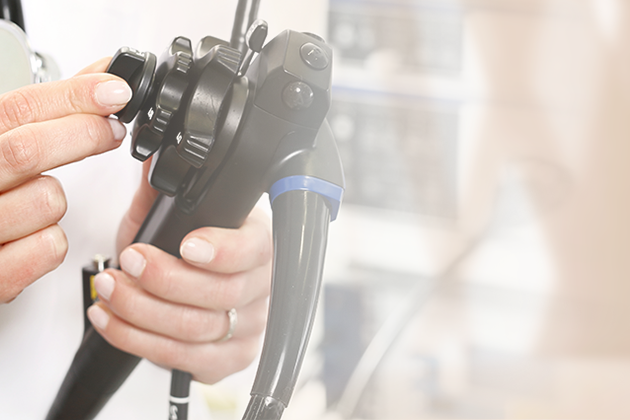Endoscopy
Gastric endoscopy is a medical imaging procedure used to examine the stomach and duodenum. This procedure is performed using a flexible tube-like device called an endoscope. The endoscope is usually passed through the patient's mouth to provide direct access to the stomach. This method is an effective tool for diagnosing and treating a variety of stomach-related issues.
Endoscopy
- What Is Endoscopy?
- For Which Purposes Is Endoscopy Performed?
- For Whom Is Endoscopy Performed?
- What Are the Types of Endoscopy?
Endoscopy
- What Is Endoscopy?
- For Which Purposes Is Endoscopy Performed?
- For Whom Is Endoscopy Performed?
- What Are the Types of Endoscopy?
What is Endoscopy?
Endoscopy is a non-invasive medical procedure performed with a device called endoscope to evaluate, diagnose and treat the gastrointestinal system involving esophagus, stomach, duodenum and large intestines. The endoscopy is conducted with the endoscope, a flexible tube. This tube consists of a light source and camera, allowing physician to visualize real time images on a monitor and evaluate internal organs in detail.
For Which Purposes is Endoscopy Performed?
- Diagnosis: The endoscopy is conducted to diagnose abnormalities in stomach and intestines. Methods like gastroscopy and colonoscopy can help to diagnose some conditions such as gastric ulcers, gastritis, ulcerative colitis, Crohn’s disease, polyps, tumors, bleeding sources and inflammatory intestinal disease.
- Biopsy: During the endoscopy, physicians can perform a biopsy procedure to take samples from the lesions. These samples are then pathologically analyzed, helping physicians to make a diagnosis. The biopsy plays an important role in detection of cancer, evaluation of inflammation and diagnosis of infection.
- Treatment: The endoscopy is an effective method in treatment of some diseases. For instance, medication can be administered for treatment of gastric ulcers during the gastroscopy. Also, polyps can be removed or bleeding veins can be coagulated. During the colonoscopy, on the other hand, removal of polyp, dilatation of stricture and treatment of bleeding sources can be performed.
- Follow-up After The Treatment: The endoscopy is also performed to follow the patients receiving treatment and their recovery process. The patients who were diagnosed before or currently receive treatment have follow-up endoscopic procedures on a regular basis. Thus, progression or regression is followed in the patients.
- Imaging: The endoscopy is practiced to visualize inner surfaces of stomach and intestines in detail. These images enable physicians to conduct a better evaluation and follow the spread or progression of diseases.
For Whom Is Endoscopy Performed?
The endoscopy is performed for patients with various gastrointestinal system problems. Some of these problems are as follows:
- Gastric and Esophageal Disorders: Gastric ulcers, gastritis, acid reflux disorder, esophageal ulcers or strictures can be diagnosed and treatment with the endoscopy.
- Intestinal Problems: The endoscopy is performed in diagnosis and treatment of intestinal diseases such as colon cancer, ulcerative colitis, Crohn’s disease, polyp, intestinal bleeding or irritable bowel syndrome.
- Bile Duct and Pancreatic Disorders: Gallbladder stones, bile duct stricture, pancreatitis or tumor can be diagnosed and treatment thanks to the endoscopic imaging.
- Hepatic Diseases: The endoscopy is used to detect esophageal varices particularly in patients with severe hepatic diseases. These varices can be caused by blockage of blood flow in liver, resulting in severe bleeding.
- Gastrointestinal System Cancers: The endoscopy plays an important role in early diagnosis and follow-up of gastrointestinal system cancers. For example, gastric cancer and intestinal cancer are diagnosed with the endoscopy. These are just some of the examples. The endoscopy can be conducted for lots of disorders related to gastrointestinal system.
Based on symptoms, medical history and other clinical findings, the physician can refer the patient for the endoscopy.
What Are the Types of Endoscopy?
- Gastroscopy (Upper Gastrointestinal System Endoscopy): This method is performed to visualize inner surface of the stomach. The endoscope is passed through the mouth and advanced all the way down to the stomach. Thus, gastric ulcer, gastritis or gastric cancer can be diagnosed and treated.
- Colonoscopy (Lower Gastrointestinal System Endoscopy): This method is performed to visualize inner surface of the large intestine (colon). The endoscope is passed through the anus and advanced all the way down to the intestines. Thus, colon cancer, ulcerative colitis or Crohn’s disease can be diagnosed and treated.
- Endoscopic Retrograde Cholangiopancreatography (ERCP): This is an endoscopic method performed to visualized and treat inner area of bile ducts and pancreas. The endoscope is passed through the mouth and advanced all the way down to the duodenum. Thus, gallbladder stones, bile duct stricture and pancreatitis can be diagnosed and treated.
- Endoscopic Ultrasonography (EUS): This is an imaging method performed with combination of the endoscopy and ultrasonography. The endoscope, passed through the mouth or anus, provides more detailed images of internal organs. The EUS is conducted to evaluate spread of cancer, lymph node and biopsy of tumor.
- Rectoscopy: This is an endoscopic method performed to visualize inner surface of the rectum. The endoscope is passed through the anus and advanced all the way down to the rectum. Thus, hemorrhoid, rectal polyps, proctitis and other rectal problems can be diagnosed and treated.
Doctors
List of doctors under the HOP of the corporation


